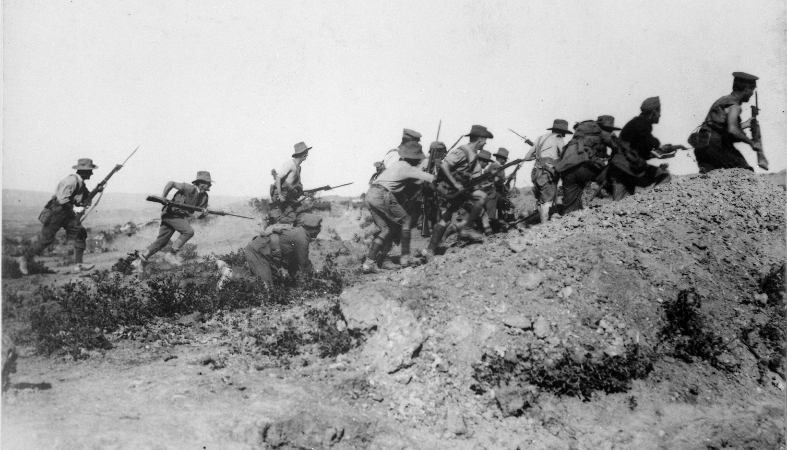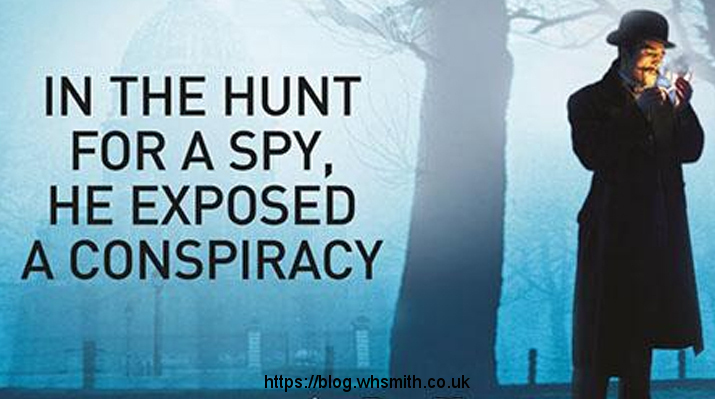Some years ago I read a book, beloved in Australia, but probably not so well known elsewhere. I found it depressing, uplifting, thought provoking and astounding in equal measures. It wasn’t very well written in a literary sense but the words on the pages lifted it beyond that distinction. 20 years later I read the book again, and it had the same affect on me, maybe more so as I was old enough to understand the hardships that were spelt out. The book is called ‘A Fortunate Life’ by Albert Facey and it is the story of an extraordinary man who didn’t think of himself like that at all.
Born in 1894 he grew up in rural Western Australia. His father dead, and abandoned by his mother he was looked after by his grandmother. He left her care when he was 8 and went out to work. He was a wandering worker until the beginning of WW1 when he enlisted in the Army and travelled to Gallipoli where he was badly injured and two of his brothers were killed. Repatriated to Australia he met his future wife and they married in August 1916.
He became a farmer under a veterans assistance scheme but was forced off the land by the Depression. He had no formal education and had taught himself to read and write.
To the point when Albert makes his way to Perth, broke and broken his life seems to have been an endless series of pitfalls, failures, though through no fault of his, and setbacks. His whole life, from his first memory, was a struggle, always trying to make ends meet, feed himself, his family, his children.
And yet, it is apparent in of a philosophy of taking things as they come, the good and the bad, accepting events for what they are and moving on. Striving to succeed or survive, in those days survival was success and he did. He and his wife were married for 60 years and they raised 7 children, their eldest son died in WW2 At the time of Albert’s death they had 28 grandchildren.
A short blog such as this cannot give a full précis of the book or of this man’s life. I would not try to encapsulate his life in so few words, but even writing this short piece I am shaking my head.
He had an extraordinary and hard life. He wasn’t famous or rich but his life and the way he lived it probably says more of his worth as a man than anything I can say. And he wasn’t on his own, many of that generation in that time across the world, Australia, the US, the UK they all share similar experiences.
The most memorable thing about the book was how Albert truly believed that he had had a fortunate life. I count myself fortunate that he shared his story.



